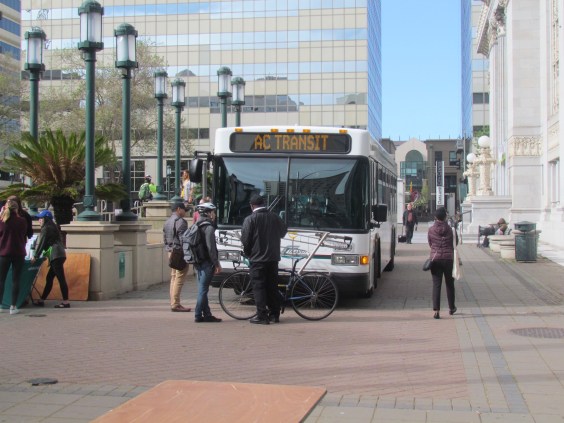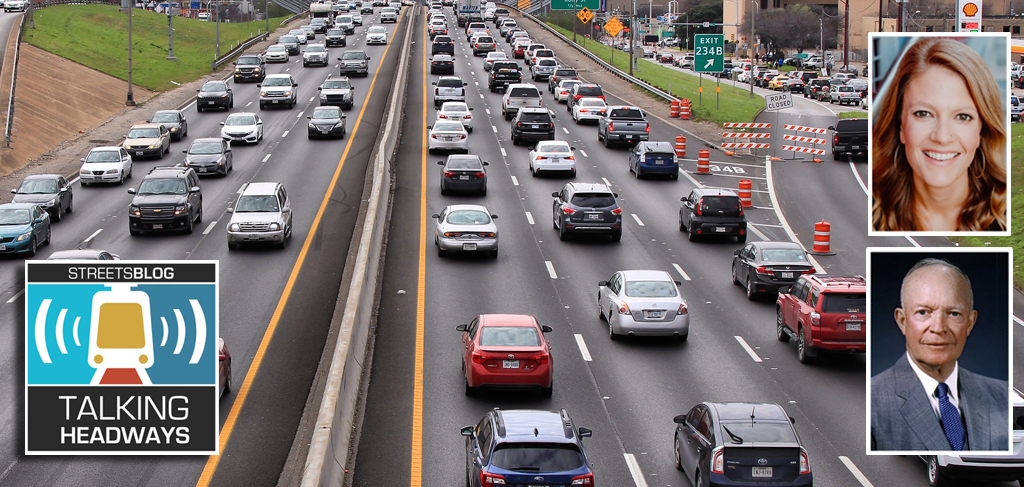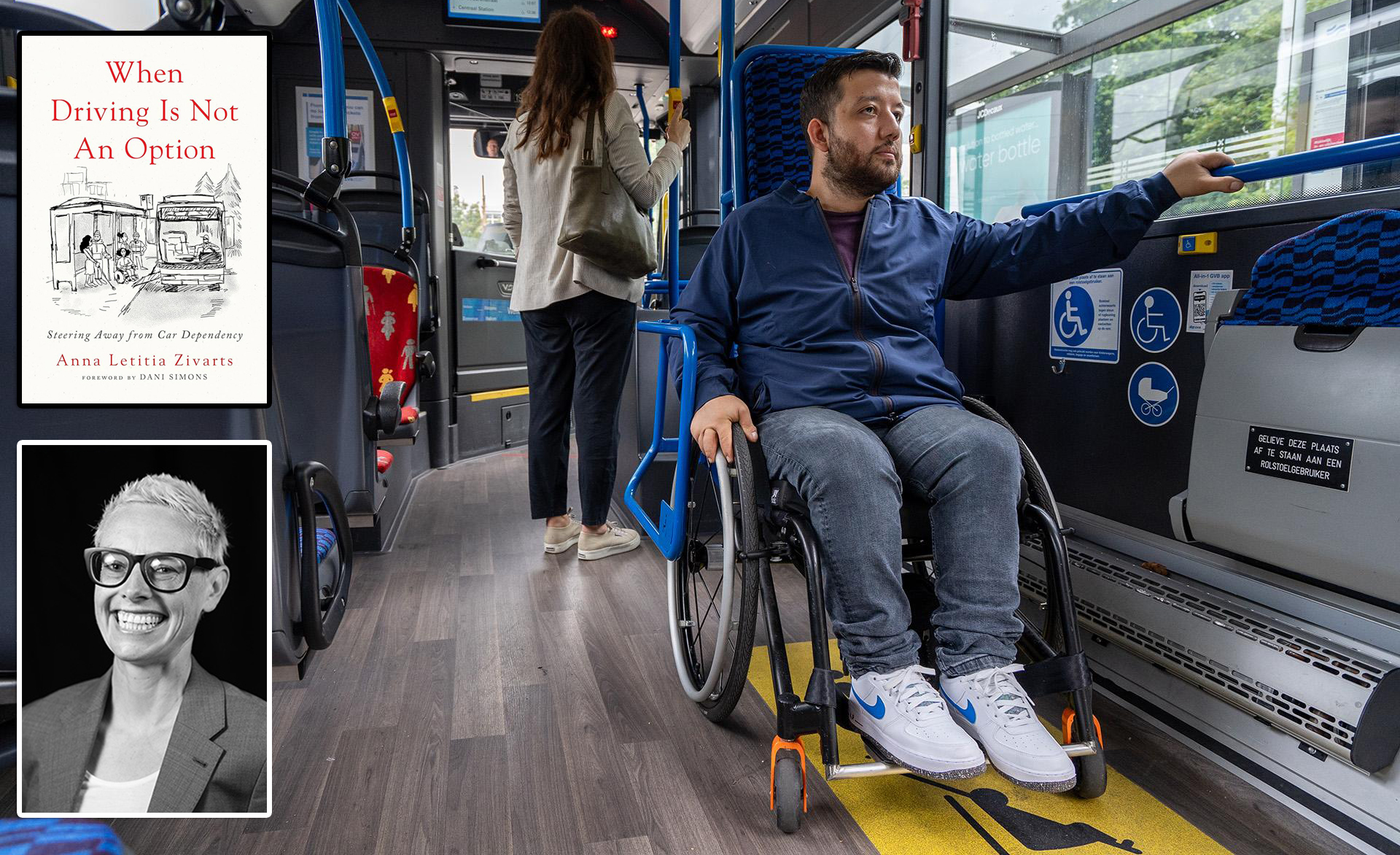New Starts, the main federal method for funding big-ticket transit projects, is considered sorely in need of a makeover by many in the capital.
 Rep. Keith Ellison (D-MN) (Photo: MPR)
Rep. Keith Ellison (D-MN) (Photo: MPR)The program's high bureaucratic hurdles, shoddy record-keeping, and often glaringly low ridership predictions got dissed earlier this year by House transportation committee chairman Jim Oberstar, who joked that the program should be renamed "small starts, low starts, and no starts."
Two House Democrats attempted to start fixing the problem yesterday by offering a bill to end a much-criticized cost-effectiveness standard established by the Bush-era Federal Transit Administration (FTA).
The legislation, introduced by Reps. Keith Ellison (D-MN) and Pete DeFazio (D-OR), would effectively revoke a 2005 FTA rule that withheld New Starts money from any transit project that failed to earn a "medium" or higher cost-effectiveness rating.
In practice, that rule helped push Dulles rail planners in Virginia into an above-ground track instead of a tunnel, delayed for years the introduction of Portland's streetcars, and forced California lawmakers to open their legislative bag of tricks in order to exempt a major San Francisco rail extension plan.
The Bush administration's FTA rule effectively compels cities to divide the total price tag of a transit project by the estimated time saved for transit users -- and if the result fails to meet a federal limit, no money is available. What proved particularly frustrating to many planners: cost-effectiveness technically accounts for a small share of the New Starts rating process, but it was treated as a primary basis for decision-making.
The Obama FTA recently proposed new weights for New Starts applications, setting cost-effectiveness at 20 percent, land use at 20 percent, mobility improvements at 20 percent, economic development at 20 percent, environmental benefits at 10 percent, operating efficiency at 10 percent.
In comments on that proposal, 18 out of 29 local planning agencies urged the new administration to scrap the "medium or higher" cost-effectiveness standard.
DeFazio chairs the House transportation committee's transit panel, but Oberstar himself -- who called for the elimination of the cost-effectiveness benchmark in January -- notably refrained from signing on.




